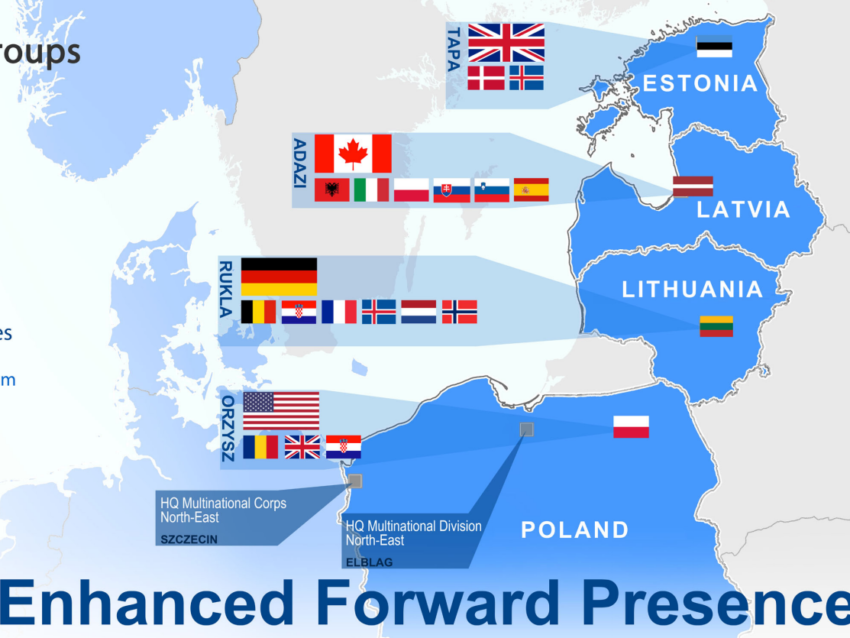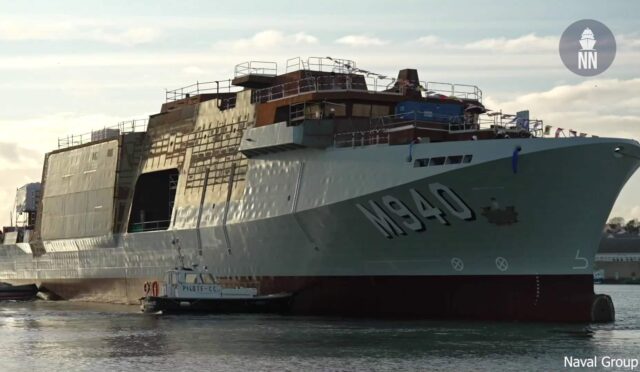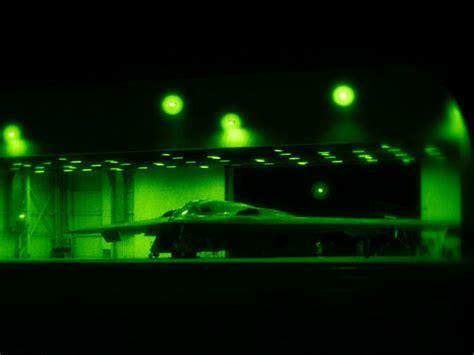NATO Enhances Military Presence in the Baltic Sea
NATO is set to bolster its military presence in the Baltic Sea following the recent suspected sabotage of an undersea power cable linking Finland and Estonia. This announcement was made by Mark Rutte, the leader of the Western military alliance, on Friday. The Estlink 2 submarine cable, responsible for transporting electricity between the two nations, was disconnected from the grid on Christmas Day, just weeks after two telecommunications cables were cut in Swedish territorial waters.
In response to these incidents, Finnish authorities have launched an investigation into the oil tanker Eagle S, which left a Russian port shortly before the cable’s disconnection. The investigation focuses on potential ‘aggravated sabotage’ linked to the tanker’s operations, raising concerns about its connections to Russia’s so-called ‘shadow fleet.’ This term describes vessels used to transport Russian oil products that are under embargo due to the ongoing conflict in Ukraine.
Concerns Over Critical Infrastructure
Finnish President Alexander Stubb reassured the public on Friday, stating, “We’ve got the situation under control, and we must continue to work together vigilantly to ensure that our critical infrastructure is not damaged by outsiders.” Officials are investigating the possibility that the Eagle S caused damage to the power cable with its anchor, highlighting the risks posed by vessels in the region.
Additionally, Rutte expressed solidarity with Finland during discussions regarding the ongoing investigation. He confirmed NATO’s commitment to increase its military presence in the Baltic Sea to enhance security. Estonia’s Defence Minister Hanno Pevkur also announced the initiation of naval patrols aimed at protecting the underwater cable, emphasizing Tallinn’s readiness to defend its power connections with Finland.
EU’s Response to Russian Activities
In light of the recent events, the European Union has threatened to impose further sanctions against Russia’s shadow fleet. The bloc’s member states have agreed to blacklist approximately 50 additional oil tankers that are believed to be circumventing Western sanctions, raising the total number targeted to around 80. This move is part of a broader strategy to disrupt funding for the Kremlin’s military endeavors.
Efforts to undermine Russia’s oil exports have included implementing a price cap and imposing strict restrictions. In response, Russia has increasingly relied on its shadow fleet, which comprises older vessels operating under dubious ownership and often lacking adequate insurance.
Heightened Tensions in the Baltic Region
Tensions in the Baltic Sea have intensified since the onset of Russia’s invasion of Ukraine in 2022. Notably, a series of underwater explosions in September 2022 resulted in the rupture of the Nord Stream pipelines, which were vital for transporting Russian gas to Europe. The cause of these explosions remains under investigation.
Furthermore, in October 2023, an undersea gas pipeline between Finland and Estonia was shut down due to damage from a Chinese cargo ship’s anchor. Recent incidents have raised alarms, including the cutting of telecommunications cables in Swedish waters in November, with suspicions directed towards the Yi Peng 3, which was reported to be near the cables at the time.







